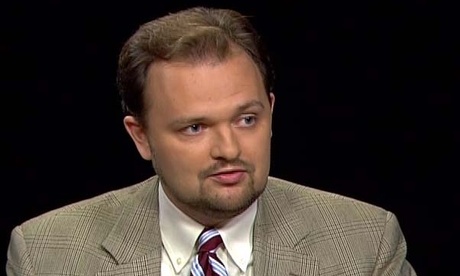A New York Times columnist has hit back at theologians and other academics who queried his professional competence to write on Catholicism.
Last month, columnist Ross Douthat wrote several pieces about the synod on the family in Rome.
He suggesting, among other things, that clear factions among the bishops have emerged, that Pope Francis favours a more liberal resolution of the key questions and that heretical viewpoints are afoot in Rome.
Dozens of theologians and academics responded by sending a letter to the editors of the New York Times.
They stated that Douthat was proposing a politicised reading of Church affairs and that he was, at the end of the day, unqualified to speak on such complex matters.
“Moreover, accusing other members of the Catholic Church of heresy, sometimes subtly, sometimes openly, is serious business that can have serious consequences for those so accused. This is not what we expect of the New York Times,” the academics wrote.
Douthat responded by agreeing that he is not a theologian.
“But neither is Catholicism supposed to be an esoteric religion, its teachings accessible only to academic adepts,” he said.
Douthat said that while he has great respect for the professors’ vocation, his own role is to provoke and explain.
He said that in his columns, he aims to cut through obfuscations and get to the basic truth.
He went on to explain his concerns about ideas of “development of doctrine” that appeared to reverse doctrine, and to pastoral suggestions that seem to empty doctrine in practice.
Los Angeles auxiliary Bishop Robert Barron backed Douthat being able to express his views.
“Are all of Ross Douthat’s opinions on the synod debatable? Of course,” Bishop Barron wrote.
“Do I subscribe to everything he has said in this regard? No. But is he playing outside the rules of legitimate public discourse in such an egregious way that he ought to be censored? Absolutely not!”
“The [academics’] letter to the Times is indicative indeed of a much wider problem in our intellectual culture, namely, the tendency to avoid real argument and to censor what makes us, for whatever reason, uncomfortable,” Bishop Barron added.
Sources
Additional readingNews category: World.




